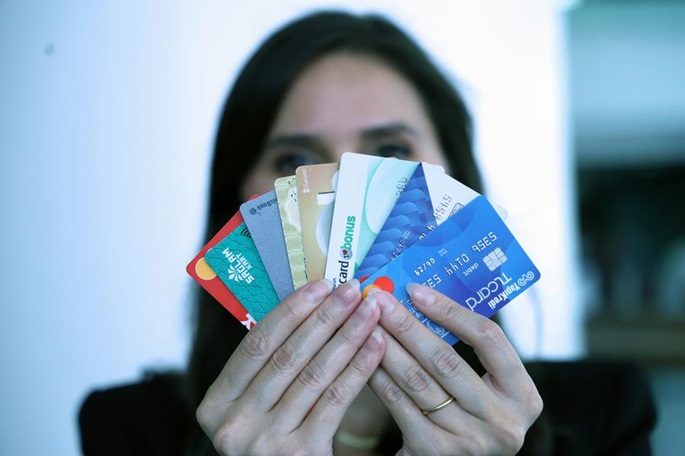Credit card crisis looms in Türkiye as inflation bites
Published : 06 Sep 2024, 23:03
In a country already grappling with economic upheaval, Türkiye now faces a mounting crisis of personal debt. Credit card indebtedness reached unprecedented levels in 2023, soaring to 2.5 times the amount seen in 2022, according to data from the Turkish Banks Association (TBB) released in January.
The situation has only worsened in 2024. In the first half of the year, 645,000 people faced imminent legal action due to unpaid credit card debt, a startling 43-percent increase from the same period last year, the TBB Risk Center reported in early August.
"Personal credit card debt has hit record levels in Türkiye due to the high cost of living," said Senol Babuscu, a professor of finance at Ankara's Baskent University. "Citizens, especially young adults, have been struggling to meet their basic needs due to the decline in purchasing power."
The crisis has been exacerbated by a sharp increase in interest rates following the May 2023 general elections. The maximum monthly late payment interest rate on credit cards jumped from 1.66 percent to 4.55 percent, a move by the central bank aimed at curbing inflation but which has left many cardholders struggling to keep up with payments.
For Alican Akin, a 24-year-old graphic designer, the consequences were severe. "The bank sued me and threatened to seize my motorcycle. I was forced to repay my debt," he said, his story echoing the experiences of many young Turks.
Indeed, young borrowers aged 22 to 30 are increasingly turning to credit cards or seeking higher credit limits, according to Beyza, a private bank employee who requested anonymity. "The number of clients carrying revolving balances or defaulting is increasing at a high rate," she noted.
While some experts point to a lack of financial literacy among young adults, the roots of this crisis extend far deeper into Türkiye's economic landscape. The country has grappled with its most severe inflation in decades, leaving a substantial portion of the workforce subsisting on a meager minimum wage.
This economic pressure has pushed many Turks to lean heavily on credit cards for essential expenses, blurring the line between financial mismanagement and necessary survival strategies.
President Recep Tayyip Erdogan's government has taken steps to address the inflation crisis, appointing a new economic team that has sharply increased interest rates and launched a sweeping economic overhaul. These measures have shown some effect, with the annual inflation rate declining to 52 percent in August from a peak of 75 percent in May.
However, for many Turks, these macroeconomic improvements have come too late. Gokhan Ozel, a 25-year-old small business owner in Ankara, exemplifies the ongoing struggle.
"I have five credit cards and I'm facing legal action for prolonged debt," he said, his story a cautionary tale of the personal toll of economic instability.


